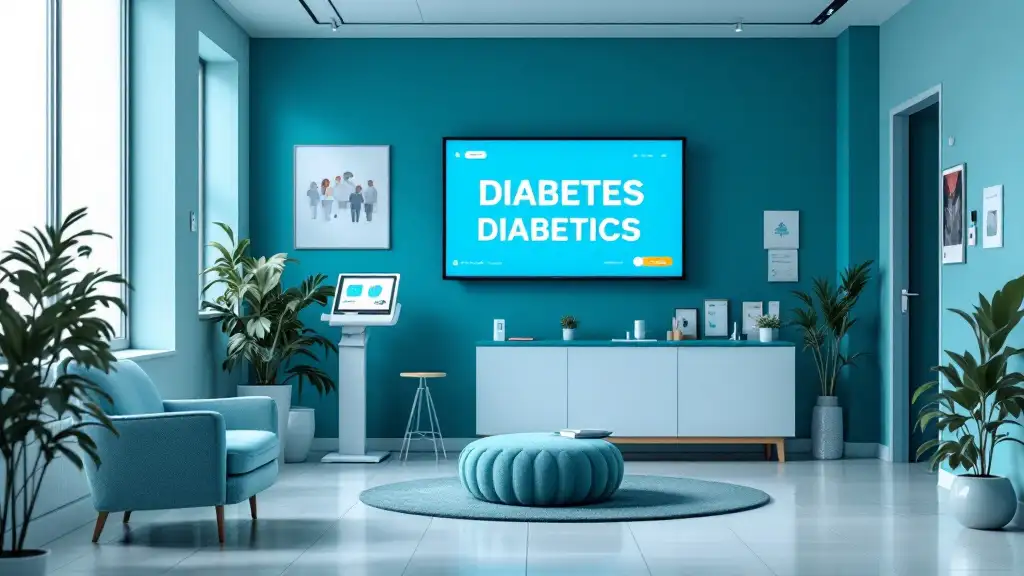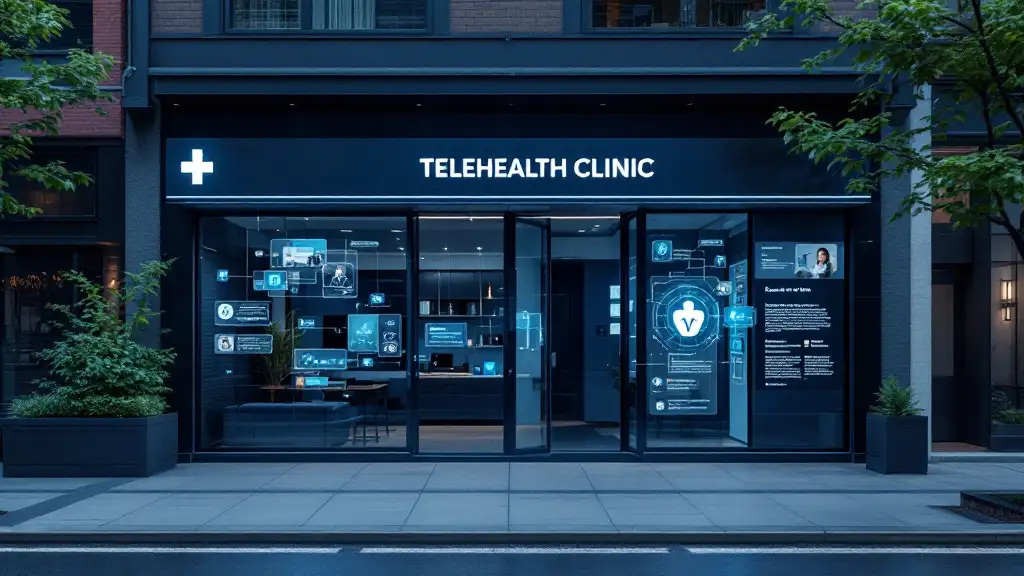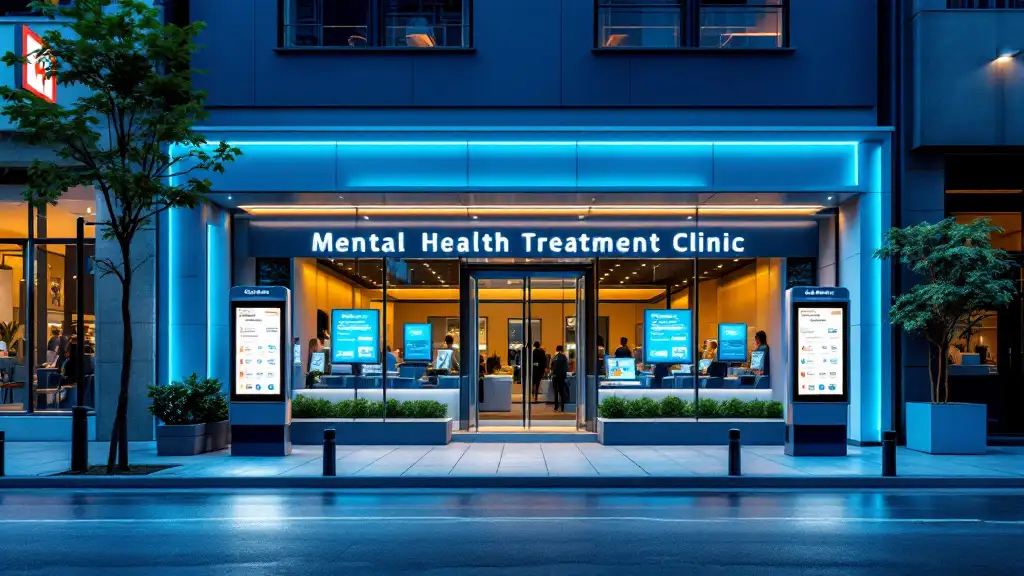Empowering Support for Mental Wellness Online
In today's interconnected world, managing stress, anxiety, and depression has become more accessible thanks to a wide array of online mental health resources. These platforms and services provide immediate, flexible, and confidential support, helping individuals navigate mental health challenges from the comfort of their homes. This article explores the landscape of online mental health support options, how they operate, their features and effectiveness, as well as peer and crisis support systems designed to foster mental wellness across diverse populations.
Diverse Online Mental Health Support Options

What online mental health support options are available for stress, anxiety, and depression?
There are numerous online resources designed to support individuals struggling with mental health issues like stress, anxiety, and depression. Teletherapy services such as Talkspace and BetterHelp connect users with licensed therapists through video, voice, or live chat, providing flexible and accessible treatment options. Many users find these platforms as effective as traditional face-to-face therapy, with most insurance plans accepting them and offering convenient, often transparent, pricing.
Apps for mental health offer tools like mood tracking, guided relaxation exercises, and coping strategies, helping users monitor their well-being and practice self-care daily. Support communities established by organizations like ADAA and NAMI provide peer-led spaces accessible 24/7, where individuals share experiences and exchange helpful information.
Crisis support services like SAMHSA's 988 Lifeline and the Disaster Distress Helpline provide immediate assistance via calls or texts for individuals experiencing urgent mental health crises. Additionally, virtual mental health programs offered through health plans, including outpatient and inpatient services, enable many to seek help remotely with the guidance of healthcare professionals.
How do online mental health platforms and support systems work?
These platforms operate through secure digital interfaces—websites and apps—that connect users with mental health professionals and resources. Typically, users can schedule assessments, participate in therapy sessions, receive medication management, or access peer support networks. Features such as live video sessions, instant messaging, and activity tracking foster a user-friendly environment that emphasizes privacy and safety, often compliant with health data protection laws such as HIPAA.
Most platforms employ licensed clinicians who adhere to ethical and legal standards, ensuring quality care across various conditions including anxiety and PTSD. They also often integrate self-help modules, psychoeducational resources, and crisis contacts, making comprehensive mental health support more accessible outside traditional healthcare settings.
What features and coverage do online mental health services provide, and how effective are they?
Online services offer diverse features like scheduled therapy sessions, digital self-help tools, medication consultations, crisis intervention, and community forums. They often include integrations of social media to promote connections among users, enhancing social engagement. Effectiveness studies show that online mental health treatments can match or even surpass traditional care for mild to moderate mental health issues, with many users reporting symptom improvement within months.
These services provide flexibility, privacy, and reduced costs, breaking barriers for those in rural areas or facing transportation challenges. Evidence suggests that they can be particularly useful for managing conditions like depression, anxiety, PTSD, and bipolar disorder. However, limitations may include concerns over data privacy, the accuracy of remote assessments, and reduced ability to observe physical cues, which can impact the treatment of severe or complex cases.
Are there online peer support communities for stress, anxiety, and depression?
Yes, online peer support communities are plentiful and valuable. Organizations such as ADAA, DBSA, and NAMI host free, moderated forums and support groups where individuals can connect anonymously to share experiences, coping tips, and encouragement. These communities operate around the clock, offering immediate emotional support and an understanding environment.
Participants benefit from diverse perspectives, practical advice, and mutual support, which can lessen feelings of loneliness and stigma. Many platforms also host webinars, podcasts, and resource libraries, broadening the scope of assistance available. While peer support does not replace professional care, it complements treatment by fostering community and resilience.
What crisis support services are accessible via online and text messaging platforms?
Crisis helplines like the SAMHSA 988 Lifeline provide free, confidential support through multiple channels—phone calls, texts, and online chats—available 24/7. Users can text "HOME" to 741741 to connect with trained crisis counselors instantly, no matter where they are in the US. These professionals help de-escalate situations, provide emotional support, and connect individuals with immediate resources.
Additionally, numerous community-based virtual counseling services and peer-led support groups are accessible online, providing real-time assistance for those experiencing suicidal thoughts, severe anxiety, or emotional distress. These platforms aim to reach those who might otherwise hesitate to seek face-to-face help, ensuring help is accessible at any moment.
How can I educate myself about mental health conditions and find help through online resources?
Education is a vital step towards understanding and managing mental health. Reputable websites like the NIMH and Mental Health America offer comprehensive information, interactive tools, and resources tailored for all age groups. Participating in online webinars and classes from organizations such as NAMI enhances awareness about symptoms, treatments, and effective coping mechanisms.
Apps like Moodfit and Happify incorporate scientifically supported techniques like Cognitive Behavioral Therapy (CBT) into daily exercises, mood logs, and relaxation routines. For urgent or ongoing support, services like the National Suicide Prevention Lifeline or the Crisis Text Line offer immediate help and guidance.
Also, online platforms like Therapist Aid provide worksheets and articles designed to boost mental health literacy. Utilizing these resources helps individuals gain confidence in recognizing symptoms early and taking proactive steps toward treatment and support.
Access and Empower Your Mental Well-Being
The array of online mental health services—from teletherapy and crisis helplines to peer support communities—has made managing stress, anxiety, and depression more accessible than ever. By leveraging these resources, individuals can find immediate support, educate themselves, and build sustainable mental health practices from anywhere in the world. As technology advances, these digital support systems will continue to evolve, offering more personalized, effective, and confidential avenues for mental wellness. Empower yourself today by exploring the available online tools and communities—your mental health matters.
References
- Home | SAMHSA - Substance Abuse and Mental Health ...
- Anxiety and Depression Association of America, ADAA ...
- Self-help therapies
- VA Mental Health Services | Veterans Affairs
- Talkspace - #1 Rated Online Therapy, 1 Million+ Users
- Crisis Text Line | Text HOME to 741741 Free, 24/7 Mental ...
- ADAA Online Support Group
- Home | SAMHSA - Substance Abuse and Mental Health ...
- ADAA Online Support Group
























































































.png)